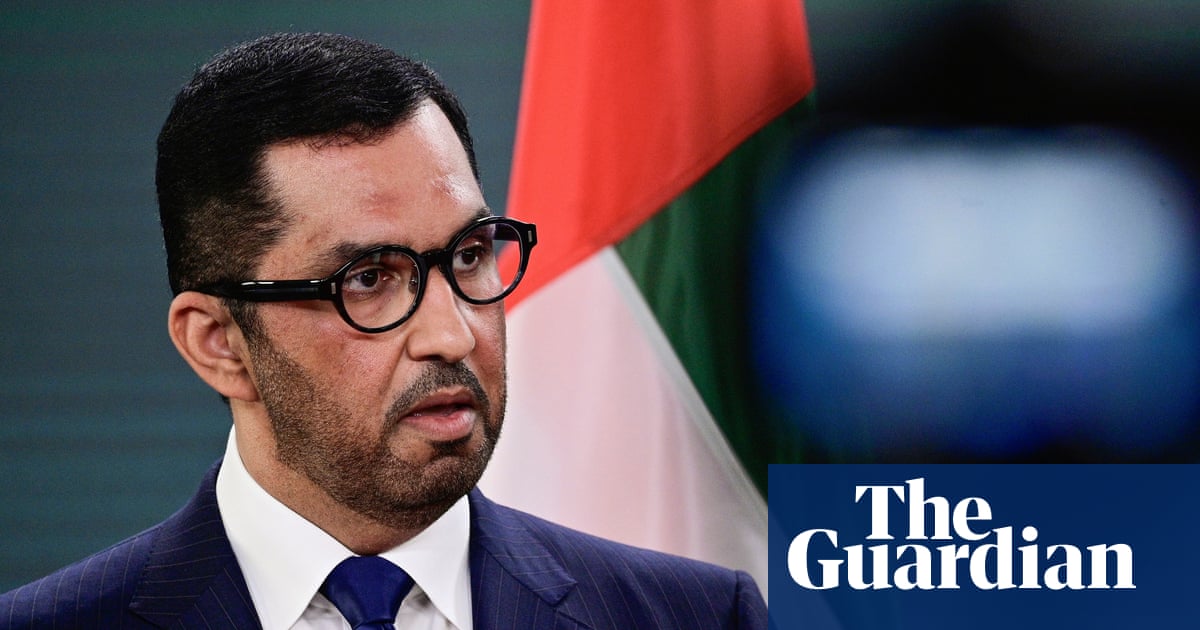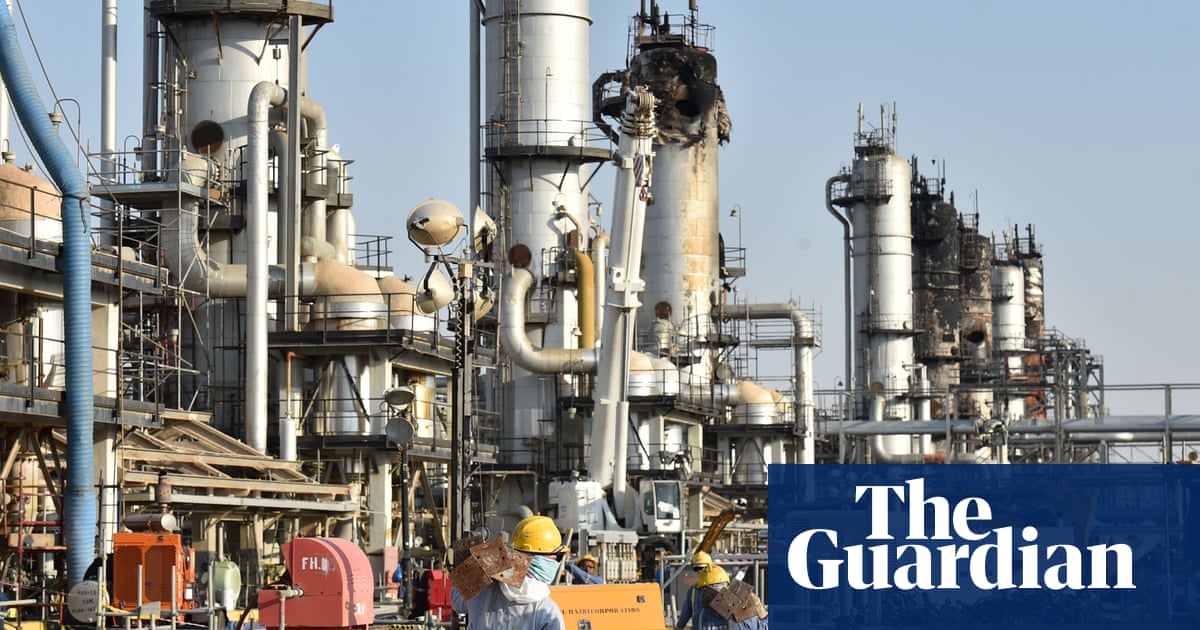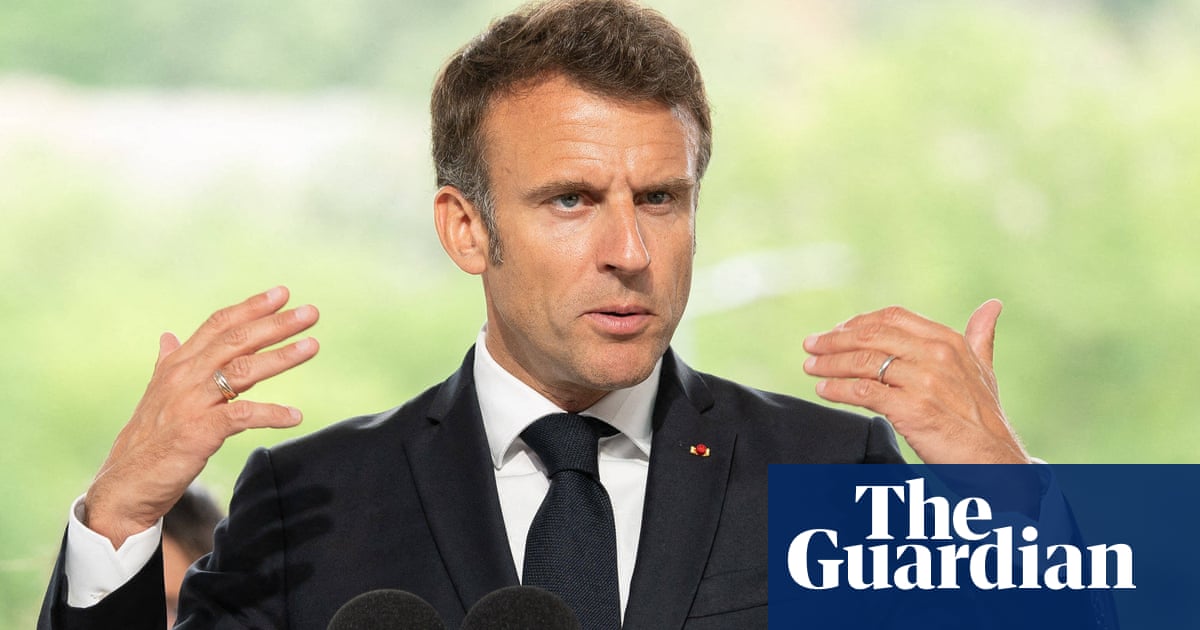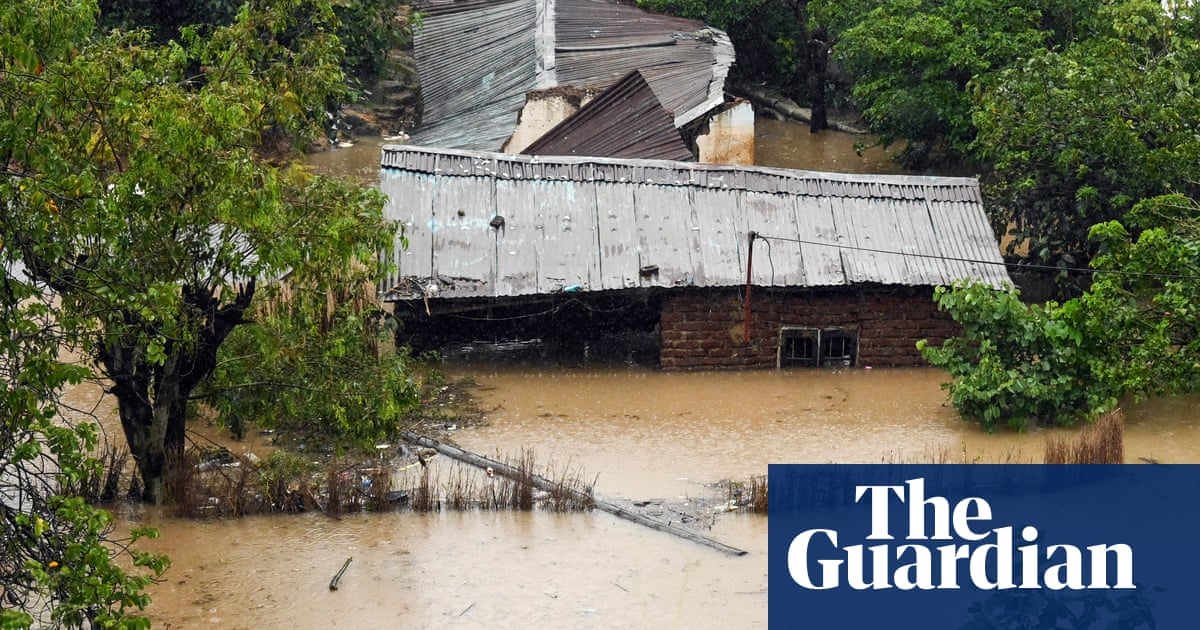
Rich nations are undermining work to protect poor and vulnerable countries from the impacts of the climate crisis, by providing loans instead of grants, siphoning off money from other aid projects or mislabelling cash, new research suggests.
Only $11.5bn (£9.2bn) of climate finance from rich countries in 2020 was devoted to helping poor countries adapt to extreme weather, despite increasing incidences of climate-related disaster, according to a report from the charity Oxfam.
Nafkote Dabi, Oxfam’s international climate change policy lead, said this was inadequate given the scale of the problem. “Don’t be fooled into thinking $11.5bn is anywhere near enough for low- and middle-income countries to help their people with more and bigger floods, hurricanes, firestorms, droughts and other terrible harms brought about by climate change,” she said. “People in the US spend four times that each year feeding their cats and dogs.”
Under a promise made by the developed world in 2009, developing countries should have been receiving $100bn a year in climate finance from 2020, made up of funds to help countries adapt to climate impacts and to cut their greenhouse gas emissions. But that pledge has so far gone unmet, with only $83bn provided in 2020.
Estimates suggest that the $100bn figure should be exceeded this year, but Oxfam said standard estimates overstated the true amounts. That is because some of the money has been taken from existing overseas aid budgets, and some of what is counted as climate finance includes funds primarily allocated to development projects such as health and education, with only tangential benefits to the climate.
Oxfam also argues that finance should be provided in the form of grants rather than loans, though some donor countries defend the use of loans.
If all of these sums are stripped out, then only $21bn to $24.5bn of the $83bn remains as pure climate finance without strings attached, according to Oxfam in its Climate Finance Shadow Report 2023, published on Monday.
Climate finance will come under close scrutiny this week, at UN negotiations to be held in Bonn, ahead of the Cop28 climate summit that starts on 30 November.
This year’s summit – Cop stands for “conference of the parties” under the UN Framework Convention on Climate Change – will be hosted by the United Arab Emirates, a major oil-producing country that plans to expand its fossil fuel production capacity.
Sultan Al Jaber, president-designate of Cop28, is also head of UAE’s national oil company, Adnoc, a dual role that many campaigners have warned represents a conflict of interests.
Mary Robinson, former president of Ireland and twice a climate envoy for the UN, led a group of prominent women in writing to the UN at the weekend, asking for a clear “firewall” to be set up between the Cop preparations and UAE’s oil industry.
“So far, UAE hasn’t shown signs of prioritising action to address the impact of climate change on vulnerable people, especially women,” they wrote. “Some are saying that the talks are heading for a car crash – instead of leading to address the emergency for people, climate and nature, we are also facing an emergency for the survival of the UN multilateral system and democracy.”
At this week’s preparatory meeting, governments will discuss how to set up a fund to help poor countries with loss and damage, which means the ravages of climate breakdown that are too severe for countries to adapt to them. They will also lay out some of the groundwork for assessing how close countries are to meeting their pledges on cutting greenhouse gas emissions under the 2015 Paris climate agreement, a process known as the “global stocktake”.
Al Jaber has talked of the need for a “course correction” at Cop28 that would put the world on track to meet the Paris goals. He told the Guardian, in a rare interview, that boosting the deployment of renewable energy was key and that there were encouraging signs.
But he said governments and activists needed to show unity. “We need to stop the fingerpointing. We need to stop this polarisation. We need to flip the page and start focusing on being optimistic, positive and working together in harmony.”












